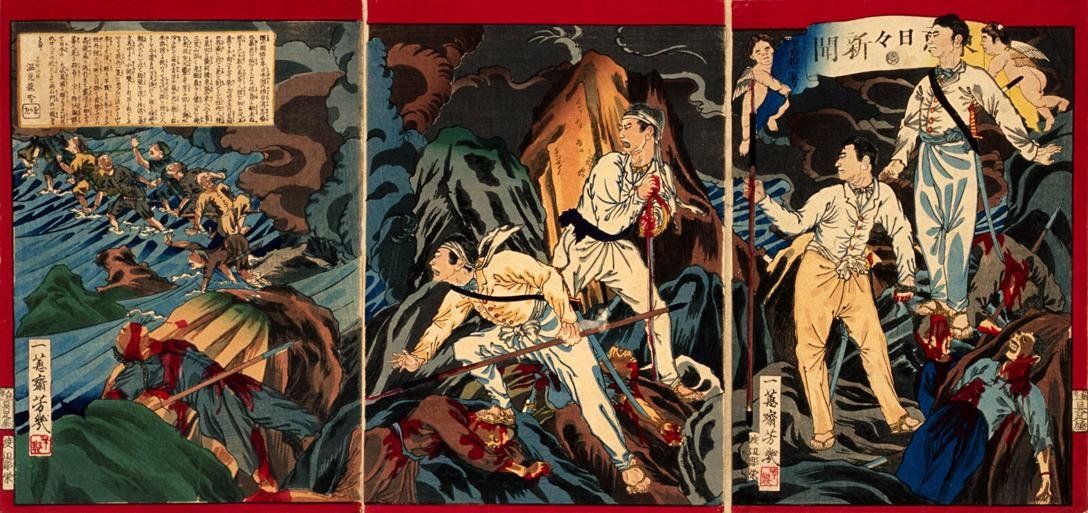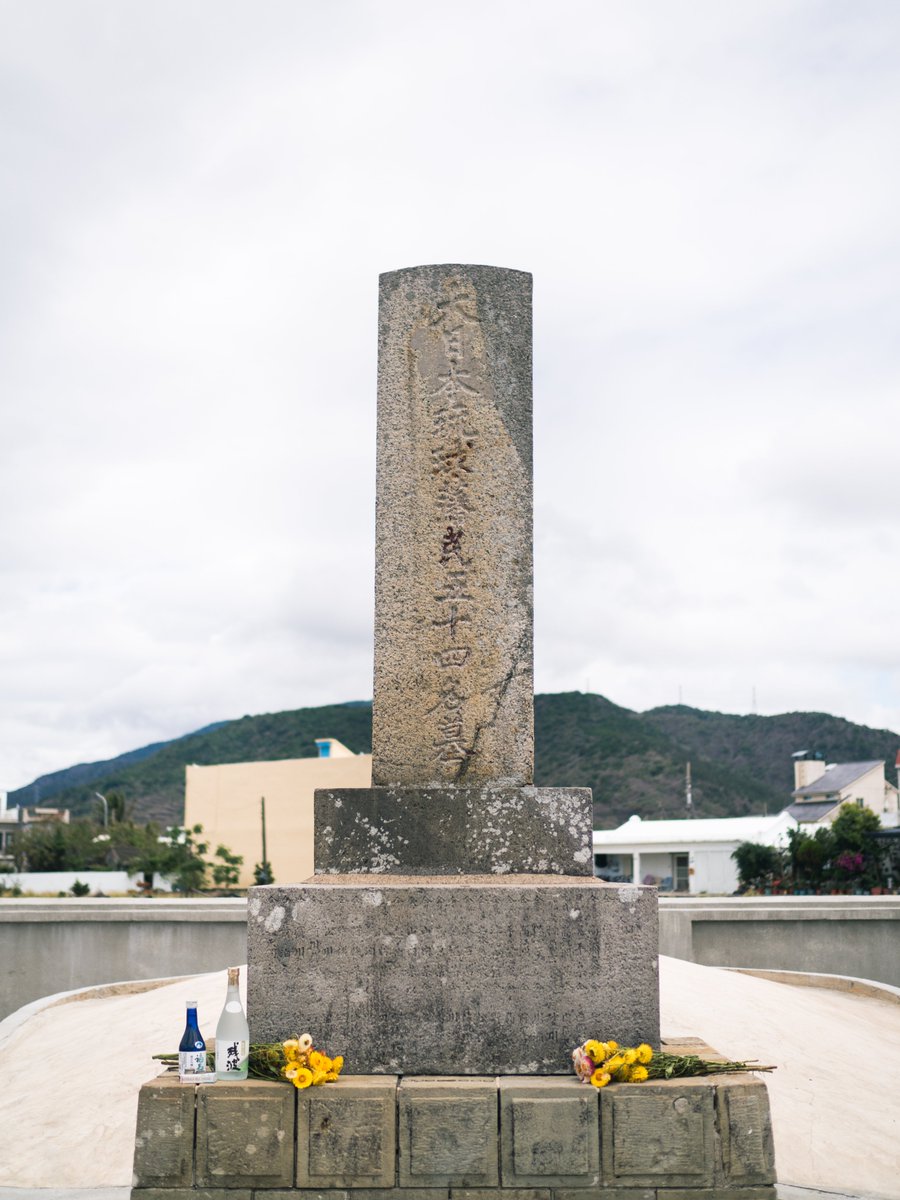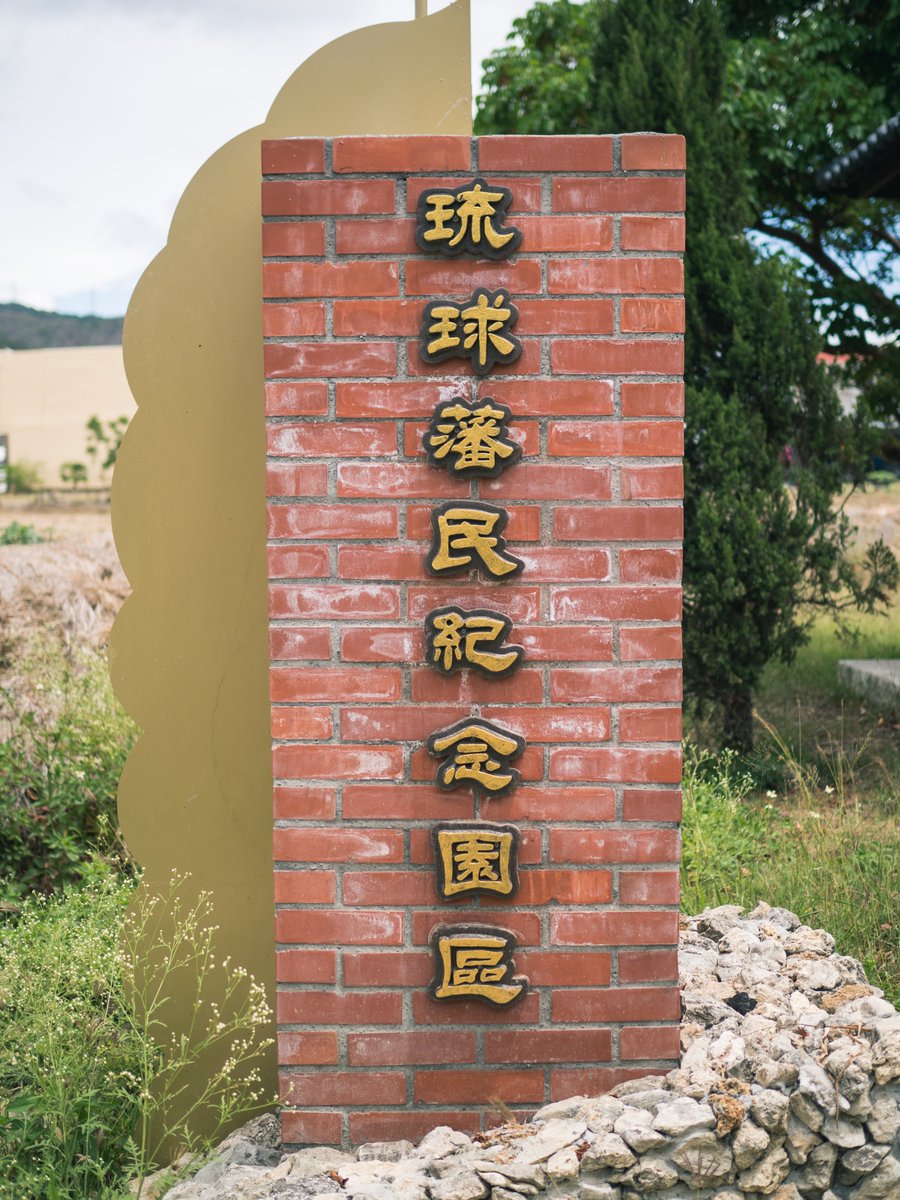World's Indigenous Peoples Day is coming up & here's a lovely video from the Hawaiki Project, which connects indigenous people along the Polynesian migration pathway from Taiwan to Aotearoa (New Zealand). The linguistic connection is also fascinating 1/6
In Polynesian mythology, the words of Savaii, Savaiki, Avaiki, Havaii, and Hawaiki, are often used in the legends as the ancestral homeland of the Polynesians. Savaiʻi is the largest island in Samoa. It is likely Hawai'i also share the same origin. 2/6
facebook.com/HawaikiNuiLtd/
facebook.com/HawaikiNuiLtd/
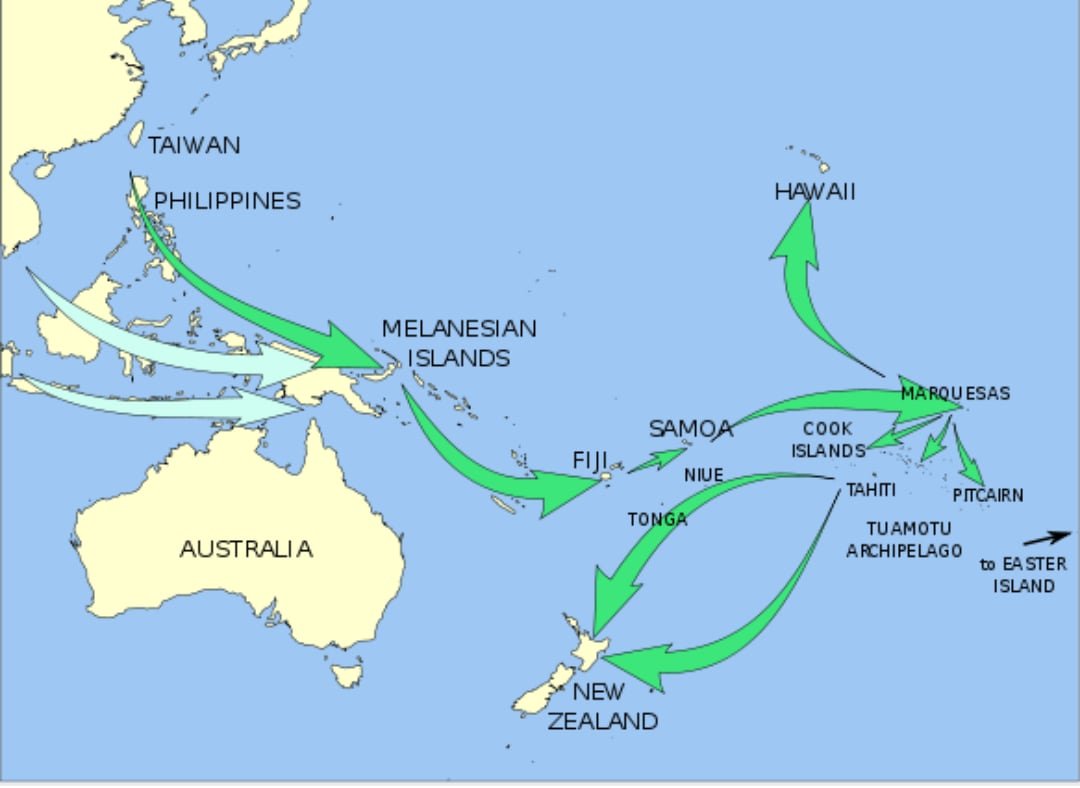
There is an interesting similarity between "Hawaiki/Savaiki" in Polynesian languages and "Saviah/Savih/Saveq", the Taiwanese Bunun name of the sacred Jade mountain, also the the highest mountain in Taiwan at 3,952m. This is a Bunun tribe in 1900 photographed by Torii Ryūzō. 3/6 
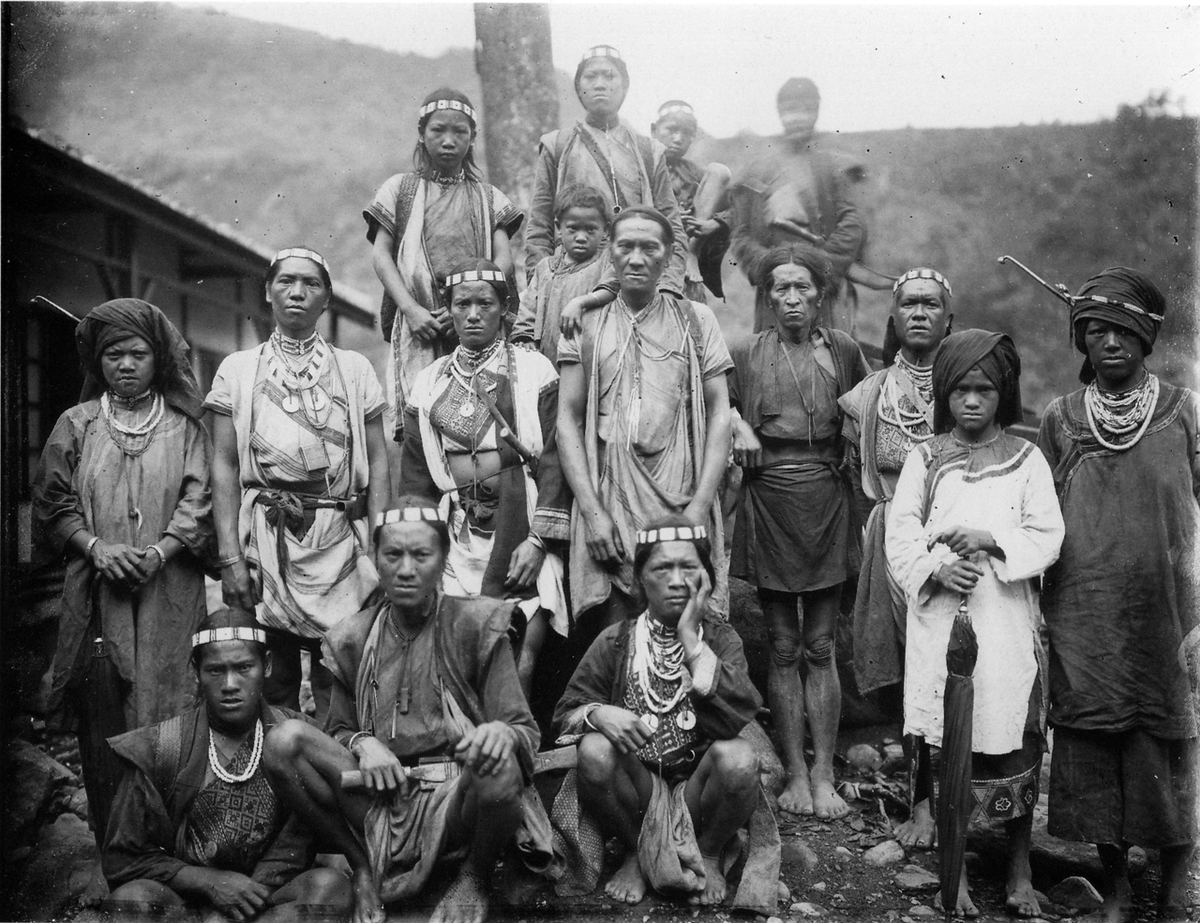
The Indigenous Tsou youth group in the Hawaiki video is from the "Saviki" tribe. The oral stories of the Tsou also describe ancestral migration from the Jade Mountain region. This is the Chief of the Tsou tribe in 1928 photographed by F.M. Trautz. 4/6
facebook.com/groups/1535188…
facebook.com/groups/1535188…
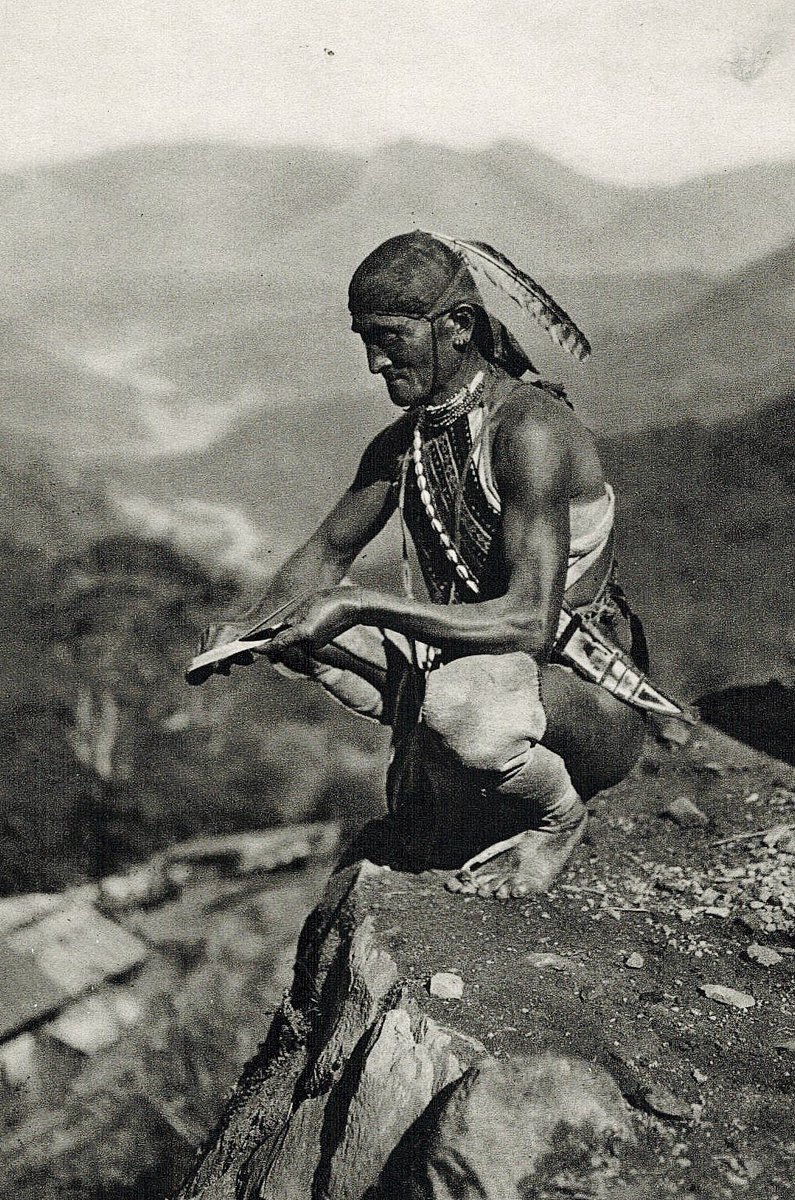
Not an Austronesian language expert & the linguistic connection of Hawaiki-Hawai'i-Savaiki-Saviah-Saviki is purely a speculation. But it's wild to think that there is a possibility that the ancestral homeland Polynesians refer to is a faraway mountain on the island of Taiwan. 5/6 
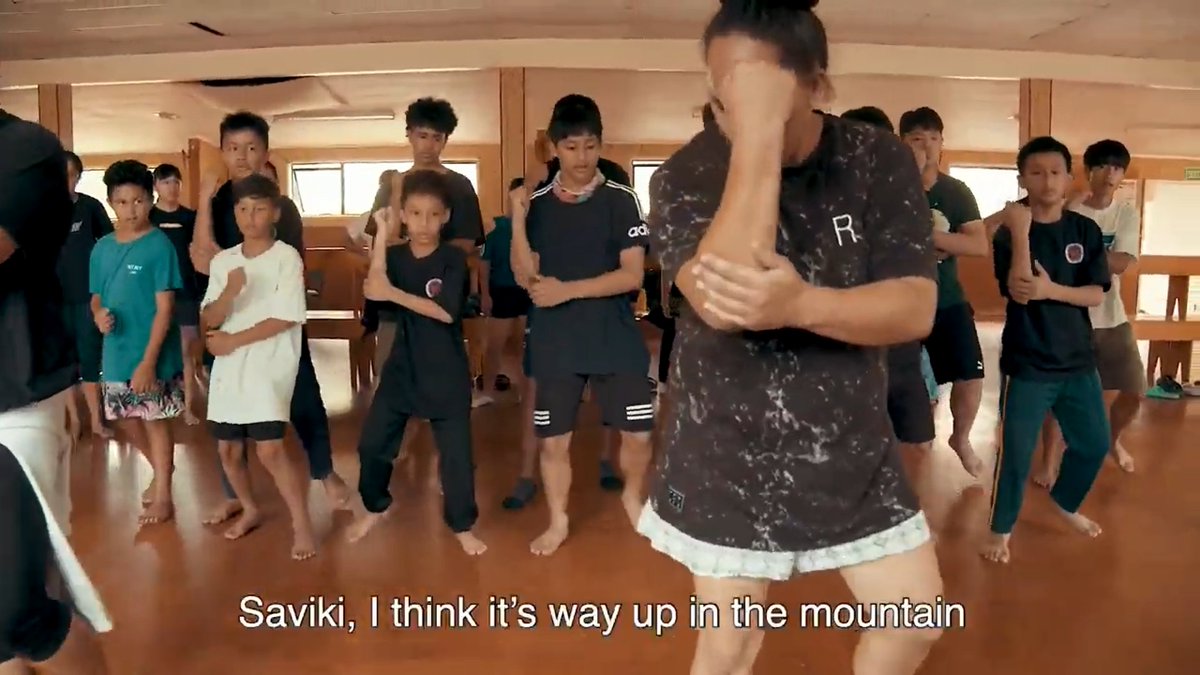
Anyway, it is wonderful to see the exchange in recent years. Both have suffered from colonisation, in the forced process of being absorbed into Sinosphere & Anglosphere respectively. Kudos to Kolas Yotaka & the Hawaiki Project for this special project. 6/6
https://twitter.com/Kolas_Yotaka/status/1274982869912285186?s=20
Side story: I personally learnt about the Saviki tribe a few years back when I applied for my family registry from the Japanese era. The family address in the Meji era was listed as 嘉義廳砂米其社 "Saviki tribe" in Japanese, which was actually quite of a surprise for the family.
• • •
Missing some Tweet in this thread? You can try to
force a refresh








